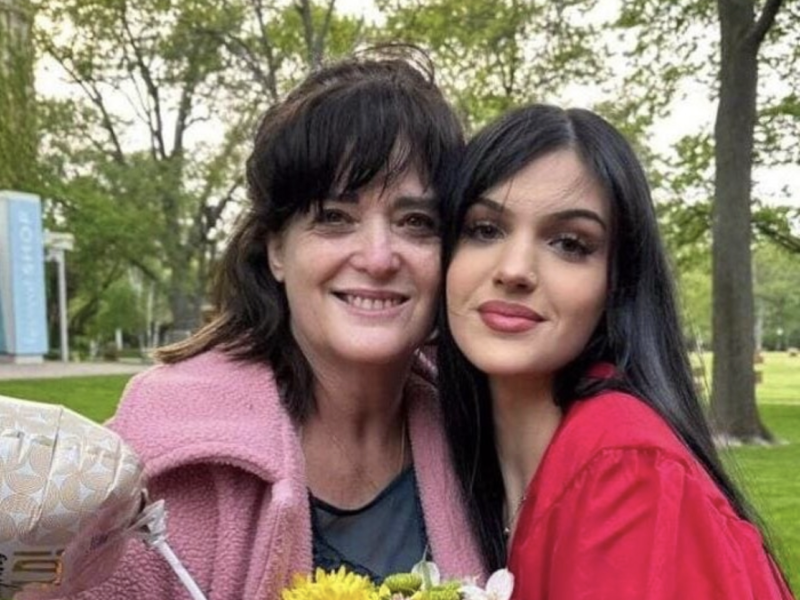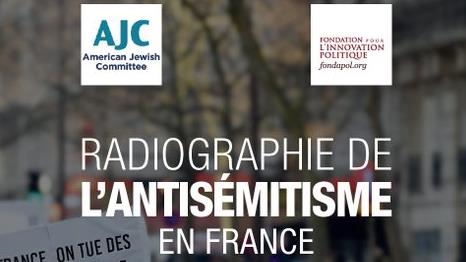Last month when I received a press release from the Joshua Venture Group, I was astonished by two facts. The fact that Portlanders had landed two of the eight prestigious fellowships to “alter the Jewish landscape” seemed incredible given the competition from around the country. Yet, I was also struck by the fact that these two local social entrepreneurs use technology from opposite ends of the human experience. Our cover photograph is inspired by those two startling facts.
Steve Eisenbach-Budner’s vision draws on some of our most ancient tools – hammers and Jewish texts. He hopes to expand the reach of affordable housing both in reality and in the awareness of the Jewish community. Even though today’s carpenters use many modern power tools, the old-fashioned hammer is still the foundation for building structures – just as the Torah is the basis for Jewish understanding of how to build and maintain social justice.
Sarah Blattner’s vision rests firmly in the 21st century and uses the latest technology to interact with youth on the playing field of their choice. She aims to use digital badging to enable day school teachers and students to collaborate and co-create. She hopes blended learning, which uses both online and face-to-face learning, will enable Jewish day schools to offer a broader curriculum and decrease tuition costs, thus making day school affordable for more Jewish families.
From the moment ancient humans began to use tools, technology has played an important role in our lives. An article in our September issue reflected on how early carpentry tools combined with the advent of agriculture enabled humans to build and live in permanent settlements.
And that was just the beginning of our increasing dependence on technology. Like most adults who grew up before computers were part of daily life, technological advances often seem a double-edged sword to me. Cartoons and jokes abound about the omnipresent, big brother aspect of technology. When I see commercials about our ability to be connected to everyone at all times, I think of George Orwell’s 1984. I ponder how we will find time for self-reflection and relaxation within our wired world.
Yet the benefits of technology are all around us. This issue includes special sections focused on professionals and seniors, both groups aided by technological advances. Professionals in every field are able to be more productive and efficient thanks to technology. Seniors are able to remain more independent and more active thanks to advances in health, mobility and many other fields.
And on a personal note, I realize the technology I relish perhaps reflects my generation’s idea of innovation. I’ve become very fond of having hot tea at my fingertips (thanks to microwaves and insta hot faucets) and a cell phone to call for help when I have car trouble.
Letters from Readers
To the Editor:
I greatly appreciated Sura Rubenstein’s October article about pioneer mayors. Such people made a great contribution to the development of civil society in the early days of settlement.
Please allow me to offer a couple of eastern Oregon tidbits: The first mayor of North Powder, who served two terms and refused to serve longer – because, a staunch Democrat, he thought term limits should be de rigueur – was Herman Rothchild. North Powder was incorporated in 1902. Municipal elections typically occurred at the end of the even-numbered year, so his term as mayor likely began in January of 1903.
He then ran for the state House of Representatives and won. He was the only Democrat and the only Jew in the legislature in his first session, so he nominated himself for speaker, pointing out he had the support of every Democrat and every Jew in the House.
This Rothchild was a younger cousin of Samuel Rothchild of Pendleton. When William Wurzweiler (Prineville mayor, 1904-06) came west, he worked briefly for Samuel, who was married to Wurzweiler’s sister.
Some of your readers might be interested in my book, Samuel Rothchild: A Jewish Pioneer in the Days of the Old West, new edition 2012, which includes details of other Jewish merchants in the Pendleton area.
There were two mayors of Pendleton before Reuben Alexander’s tenure who had Jewish names: J. M. Leezer, the second mayor, 1883-84, and J. C. Leasure (which I take to be a variant of Leezer), 1886 and again 1892. If any of your readers have any information about such families, I would be happy to have it.
Jack T. Sanders, Professor Emeritus, UO, jsands@oregontrail.net





